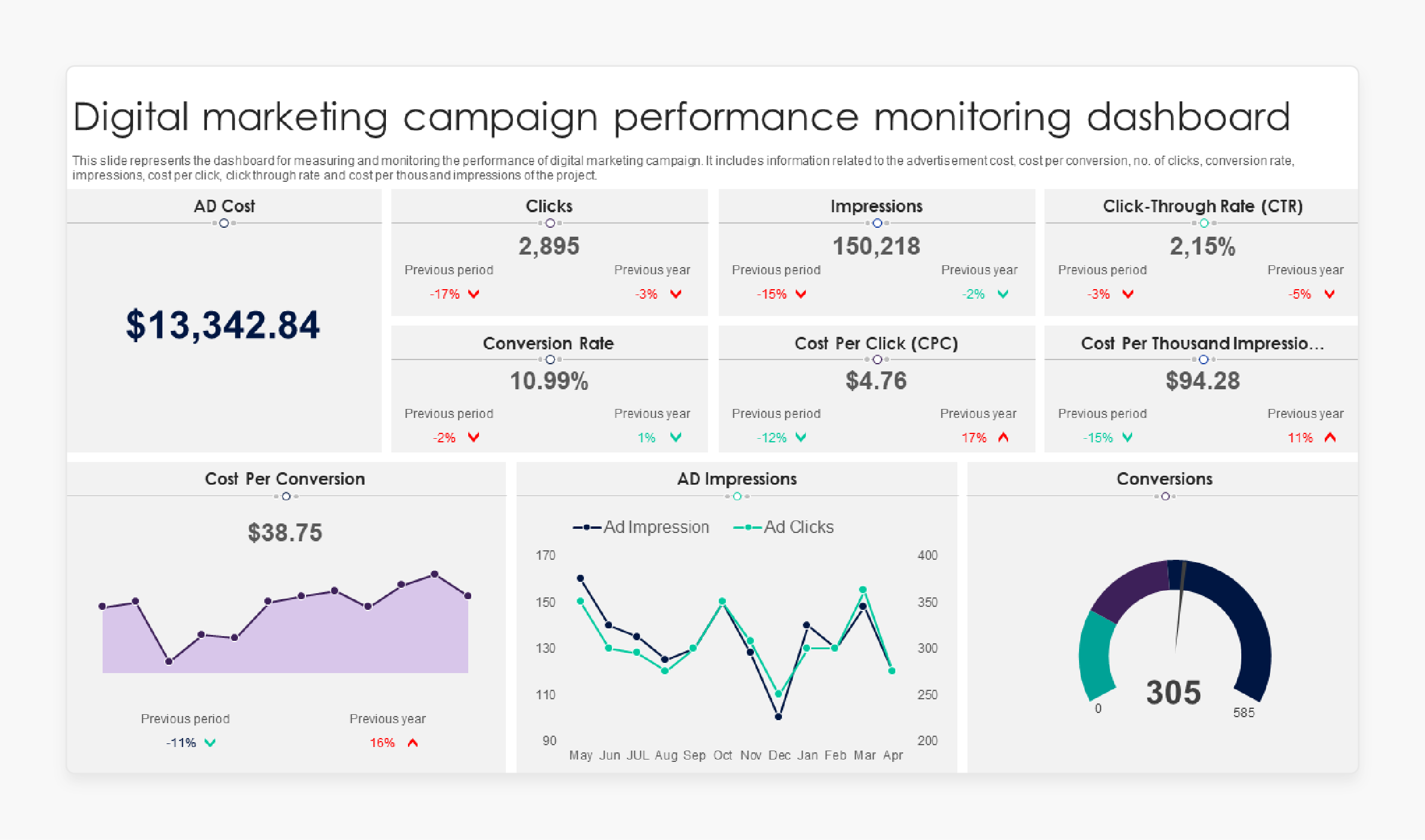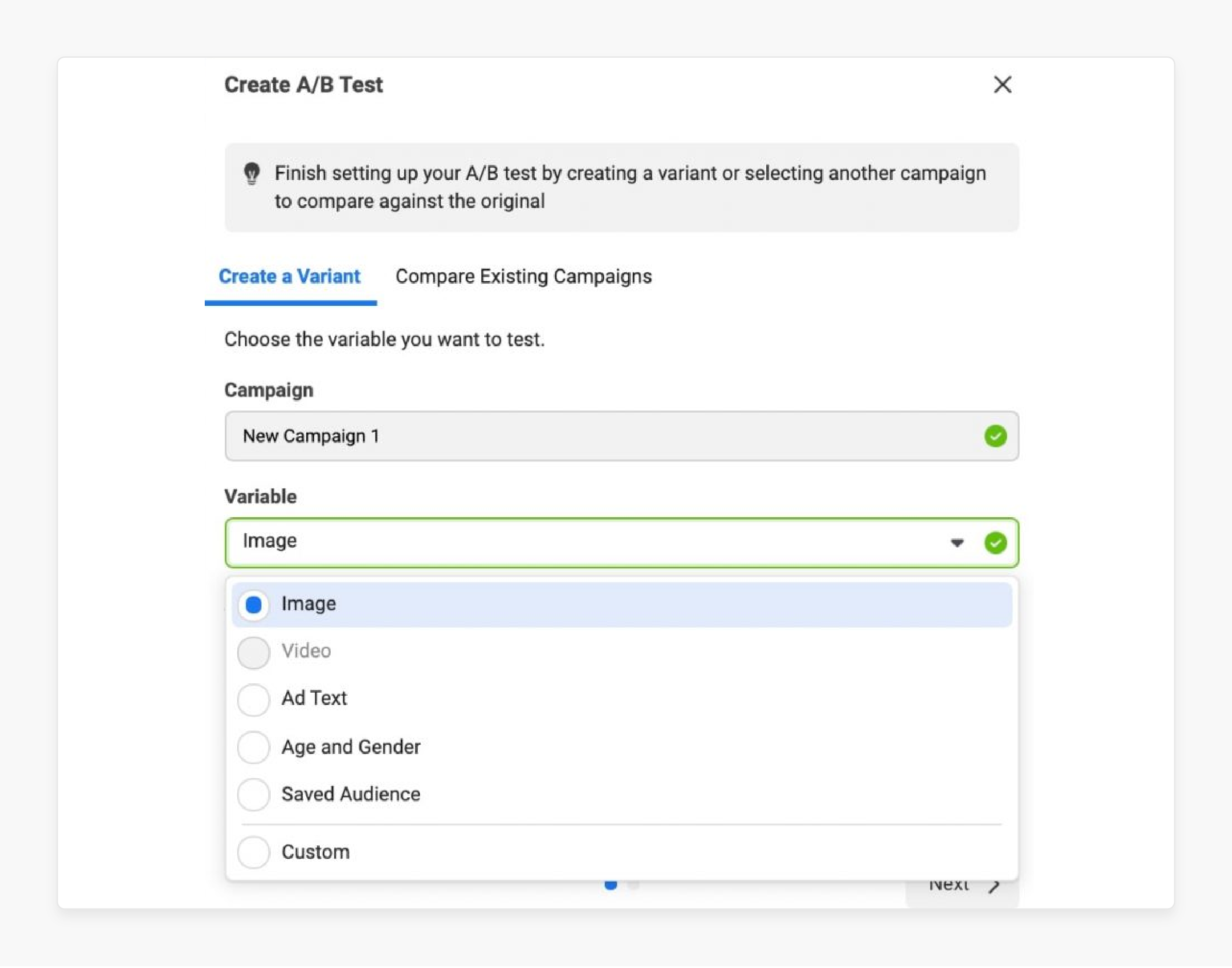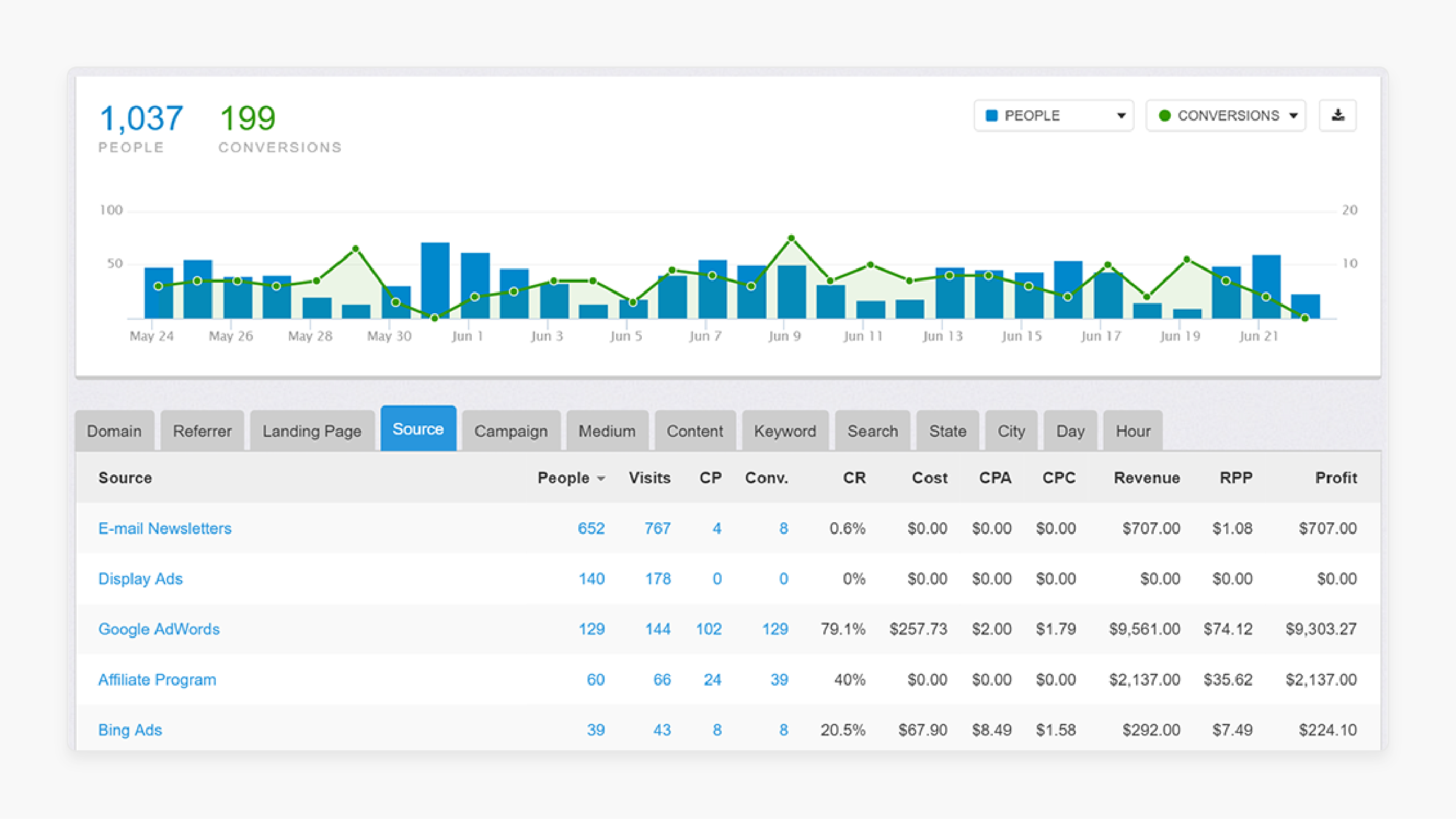
How Magento PPC Management Works for Online Stores?
Want to boost your Magento store's visibility? Magento PPC Management helps you attract targeted traffic and increase sales using paid ads. It focuses on optimizing pay-per-click ads to drive results. This article covers the essentials, best practices, and KPIs of Magento PPC.
Key Takeaways
-
What is Magento PPC Management?
-
Features of Magento PPC Management for Ecommerce Stores
-
Key Differences Between Magento SEO and Ecommerce PPC
-
How Magento PPC Management Works for an Online Store?
-
Best Practices for Magento PPC Management
What is Magento PPC Management?
Magento PPC Management involves running pay-per-click (PPC) ads for Magento stores.
These ads appear on search engines and partner sites. The goal is to attract potential customers by targeting specific keywords. When someone clicks on an ad, the store pays a fee. The focus is on converting these clicks into sales. Key elements include:
-
Click-through rates (CTR)
-
Cost-per-click (CPC)
-
Return on ad spend (ROAS)
Effective management ensures a positive return on investment (ROI). Magento PPC Management requires a tailored approach. Magento allows for seamless integration with PPC tools. Continuous adjustments are made based on data. A/B testing helps determine the best ad strategies. It ensures that the advertising budget is used effectively to drive sales.
Features of Magento PPC Management for Ecommerce Stores
| Feature | Explanation |
|---|---|
| Targeted Keyword Selection | Magento PPC Management focuses on choosing high-intent keywords. These keywords match your products and attract potential customers. Effective keyword selection improves ad visibility. It also drives more qualified traffic to your store. Keywords are continuously refined for better results. |
| Custom Ad Copy Creation | Compelling ad copy is essential for attracting clicks. Magento PPC Management ensures the ad content is relevant to the target audience. The copy highlights key benefits and unique selling points. This approach increases clicks and conversions. Regular A/B testing helps identify the most effective ad copy. |
| Bid Management | Bid management involves setting and adjusting bids for keywords. The goal is to balance costs with potential returns. Magento PPC Management uses real-time data to optimize bids. Higher bids can secure better ad placements but must be cost-effective. Automated bid strategies are also used for efficiency. |
| Geo-Targeting | Geo-targeting shows ads to users in specific locations. Magento PPC Management focuses on regions where your products are most popular. It improves the relevance of your ads. It also reduces wasted ad spend on non-target areas. Geo-targeting is adjusted based on performance data. |
| Audience Segmentation | Audience segmentation targets ads to specific groups. Magento PPC Management uses data like demographics and behavior. Ads are tailored to each segment’s interests. It increases ad relevance and effectiveness. Audience segmentation improves conversion rates. |
| Conversion Tracking | Conversion tracking measures the success of your PPC campaigns. Magento PPC Management integrates with tracking tools to monitor sales and leads. It identifies which ads and keywords drive conversions. This data helps refine your campaign strategy. Continuous tracking ensures a positive ROI. |
| A/B Testing | A/B testing creates multiple ad versions to find the best performer. Magento PPC Management uses this to optimize: Headlines Copy Calls to action. Testing ensures the most effective ad is used. It improves overall campaign performance. It also maximizes conversions and minimizes costs. |
| Performance Reporting | Performance reporting provides insights into your PPC campaigns. Magento PPC Management offers regular reports on key metrics like clicks and conversions. These reports help us understand what’s working. They also provide actionable insights for future campaigns. Regular reporting ensures continuous optimization. |
| Budget Optimization | Budget optimization ensures your ad spend is used efficiently. Magento PPC Management allocates the budget to the best-performing ads. It shifts funds from underperforming areas to high-converting ones. It maximizes your ROI. Continuous monitoring keeps the budget aligned with campaign goals. |
Key Differences Between Magento SEO and Ecommerce PPC
| Aspect | Magento SEO | Magento PPC |
|---|---|---|
| Cost | Magento SEO requires ongoing investment. It includes: Content creation Optimization Link building There are no direct costs for organic clicks. | Magento PPC requires paying for each click. Costs depend on: Keywords Competition Ad placement |
| Time to Results | SEO is a long-term strategy. It takes months to see significant results. These results are sustainable over time. | PPC delivers immediate results. Ads start driving traffic as soon as the campaign is live. Results stop if you stop paying. |
| Traffic Source | SEO drives organic traffic. It improves rankings for relevant keywords. | PPC drives paid traffic. It targets specific keywords and audiences through ads. |
| Sustainability | SEO offers long-lasting results. Once your site ranks well, it continues to attract traffic without ongoing costs. | PPC results are temporary. Traffic from ads stops once you stop paying. |
| Trust and Credibility | SEO builds trust and credibility over time. High-ranking organic results are seen as more trustworthy by users. | PPC ads are labeled as ads. They may be less trustworthy but are effective for brand visibility. |
| Click-Through Rate (CTR) | Organic results usually have a higher click-through rate (CTR) than paid ads. Users often prefer clicking on organic results. | PPC can achieve a high CTR with well-targeted ads. However, PPC usually has a lower CTR than organic results. |
| Control and Flexibility | SEO offers less control over search rankings. Changes take time to impact rankings. | PPC provides full control over ad placement, targeting, and budget. Changes can be made instantly. |
| Focus Areas | SEO focuses on: Content quality Keyword optimization Technical aspects like site speed. | PPC focuses on: Ad copy Bidding strategies Targeting options like keywords and locations. |
| Analytics and Tracking | SEO requires advanced tracking tools like: Google Analytics Search Console. It measures performance over time. | PPC provides detailed analytics in real time. It includes: Impressions Clicks Conversions ROI. |
How Magento PPC Management Works for an Online Store?
Step 1: Keyword Research
Start with keyword research to identify high-intent search terms. These keywords should align with your products and target audience. Use tools like Google Keyword Planner to find the best keywords. This step is important for driving relevant traffic to your Magento store.
Step 2: Create Targeted Ads
Next, create targeted ads that match the selected keywords. Write compelling ad copy that highlights your product’s benefits. Ensure that the ad is relevant to the user’s search intent. It increases the chances of clicks and conversions.
Step 3: Set Up Bidding Strategies
Implement bidding strategies to control your ad spend. Choose between:
-
Manual bidding
-
Automated bidding
Set your maximum bid for each keyword. Proper bid management ensures cost-effective advertising.
Step 4: Configure Geo-Targeting
Use geo-targeting to show ads to users in specific locations. Focus on regions where your products are most popular. It helps in:
-
Reaching the right audience
-
Reducing wasted ad spend
Adjust your targeting based on performance data.
Step 5: Monitor Campaign Performance

Regularly monitor campaign performance using analytics tools. Track key metrics like:
-
Click-through rates (CTR)
-
Cost-per-click (CPC)
-
Conversion rates
It helps in identifying what’s working and what needs improvement.
Step 6: A/B Testing Ads

Conduct A/B testing to compare different versions of your ads. Test variations in:
-
Headlines
-
Ad copy
-
Calls-to-action
Use the best-performing ad to maximize your campaign’s effectiveness. This process helps in refining your advertising strategy.
Step 7: Optimize Landing Pages
Ensure your landing pages are optimized for conversions. The page should be:
-
Relevant to the ad
-
Provide a seamless user experience
Fast loading times and clear calls to action are essential. A well-optimized landing page can significantly improve conversion rates.
Step 8: Adjust Budget Allocation
Based on performance data, adjust budget allocation to focus on high-performing ads. Move funds from:
-
Underperforming areas
-
Areas driving more conversions
It ensures your ad spend is used efficiently.
Step 9: Analyze and Report
Finally, analyze and report the overall campaign performance. Use detailed reports to understand:
-
The ROI of your PPC efforts
-
Informed decisions for future campaigns
Regular reporting ensures continuous optimization and success.
Best Practices for Magento PPC Management
1. Keyword Research and Optimization
-
Identify high-intent keywords to attract potential buyers.
-
Use long-tail keywords to target specific audiences.
-
Analyze competitors' keywords to find gaps and opportunities.
-
Regularly update your keyword list to stay relevant.
-
Monitor keyword performance to optimize campaigns.
-
Incorporate negative keywords to filter out irrelevant traffic.
2. Ad Copy and Landing Page Optimization
-
Craft compelling ad copy that highlights your unique selling points.
-
Align ad copy with landing pages for a seamless user experience.
-
Use strong call-to-actions (CTAs) to encourage conversions.
-
Test different versions of ad copy to find the most effective.
-
Optimize landing pages for speed to reduce bounce rates.
-
Ensure mobile-friendliness of both ads and landing pages.
3. Bid Management and Budget Allocation
-
Set daily and monthly budgets to control spending.
-
Use automated bidding strategies to optimize cost-per-click (CPC).
-
Allocate the budget based on the performance of Marketing campaigns.
-
Monitor and adjust bids regularly to stay competitive.
-
Use bid modifiers to target specific times or devices.
-
Track ROI to ensure you're getting value from your spending.
4. Conversion Tracking and Reporting

-
Set up conversion tracking to measure success.
-
Use Google Analytics to track visitor behavior.
-
Generate regular reports to analyze performance.
-
Identify high-performing ads and allocate more budget to them.
-
Track sales and leads to gauge campaign effectiveness.
-
Adjust strategies based on conversion data.
5. Audience Targeting and Segmentation
-
Segment your audience based on behavior and demographics.
-
Use retargeting to reach past visitors who didn't convert.
-
Create custom audiences for personalized marketing.
-
Target different stages of the buying journey with tailored ads.
-
Utilize lookalike audiences to expand your reach.
-
Refine targeting over time to improve efficiency.
6. Quality Score Improvement
-
Focus on relevant keywords to improve ad relevance.
-
Ensure landing pages are optimized for quality and relevance.
-
Improve ad click-through rate (CTR) with engaging content.
-
Monitor and optimize ad performance regularly.
-
Use extensions like site links to enhance ads.
-
Keep ads updated to maintain high-quality scores.
7. Continuous Testing and Optimization
-
Regularly A/B test ads to find what works best.
-
Experiment with different bidding strategies for cost efficiency.
-
Test landing page designs to improve user experience.
-
Evaluate new keywords to capture more traffic.
-
Optimize ad extensions to increase visibility.
-
Analyze test results to make informed adjustments.
Common Mistakes to Avoid in Magento PPC Management
| Common Mistake | Description |
|---|---|
| Neglecting Negative Keywords | Failing to add negative keywords wastes ad spending on irrelevant clicks. It increases costs and reduces ROI. Regularly update your list. Filter out irrelevant traffic to reach the right audience. |
| Failing to Optimize for Mobile | Ignoring mobile optimization harms the user experience. It decreases conversions. Many users shop on mobile devices. Ensure your ads and pages are mobile-friendly. Test for speed and usability across all devices. |
| Ignoring Ad Extensions | Not using ad extensions limits ad visibility and impact. Extensions like site links and callouts boost engagement. They improve your ad’s quality score. Use them to enhance performance and click-through rates. |
| Not Leveraging Remarketing | Overlooking remarketing misses re-engaging interested customers. Remarketing targets users who visited but didn’t convert. It increases brand recall and conversion chances. Set up remarketing campaigns to capture potential leads. |
| Setting and Forgetting Campaigns | Leaving campaigns unattended causes performance to decline. PPC campaigns need regular monitoring and adjustments. Market conditions change, affecting your ads. Continually optimize to maintain results. |
| Overlooking Conversion Tracking | Failing to track conversions leaves you without data to measure success. Conversion tracking shows which ads drive results. Without it, optimization is guesswork. Implement tracking to refine strategy and improve ROI. |
| Inadequate Budget Allocation | Mismanaging your PPC budget leads to overspending or underfunding campaigns. Proper allocation ensures that top-performing ads get enough investment. Regularly review and adjust budgets. Prioritize spending to maximize ROI. |
| Neglecting Audience Segmentation | Ignoring audience segmentation results in generic ads. Different segments have unique needs. Tailor your ads to target specific groups. It improves engagement and boosts conversions. Refine segments to stay relevant. |
Measuring the Success of Your Magento PPC Management
1. Key Performance Indicators (KPIs)
Key Performance Indicators (KPIs) are vital for measuring PPC success. Track metrics such as:
-
Click-through rate (CTR)
-
Cost per click (CPC)
-
Conversion rate
These metrics help you understand ad performance and ROI. Regularly review KPIs to spot trends. Focus on the KPIs that align with your business goals.
2. Attribution Modeling
Attribution modeling shows which touchpoints lead to conversions. It helps you assign value to each customer interaction. Optimize ad spending based on the most effective touchpoints. Common models include:
-
Last-click attribution
Choose the model that fits your business and PPC strategy.
3. Ongoing Optimization and Refinement
Continuous optimization and refinement keep your campaigns successful. Regularly analyze data to identify:
-
What’s working
-
What’s not
Adjust bids, keywords, and ad copy. Test elements like:
-
Landing pages
-
Ad formats
Refine campaigns to stay effective and aligned with market changes.
4. Conversion Tracking
Conversion tracking measures how many clicks turn into sales or leads. Set up tracking to monitor ad effectiveness. This data helps you optimize campaigns by focusing on high-conversion elements. Regularly review conversion data to adjust your strategy.
5. Return on Ad Spend (ROAS)
Return on Ad Spend (ROAS) evaluates the profitability of your campaigns. Calculate ROAS by dividing revenue by ad spend. A high ROAS means profitability. Use ROAS to decide:
-
Which campaigns to scale
-
Which to cut back
Regularly monitor this metric to ensure positive returns.
6. Customer Lifetime Value (CLV)
Customer Lifetime Value (CLV) measures long-term success. CLV estimates the total revenue from a customer over their lifetime. Focus on campaigns that attract high-CLV customers.
Combine CLV with acquisition costs to refine your strategy. It ensures your PPC efforts drive sustainable growth.
FAQs
1. What are PPC services, and how do they benefit an ecommerce website?
PPC services involve managing paid advertising campaigns to drive traffic to your ecommerce website. They help target specific audiences with ads on platforms like Google Ads. These services are essential for increasing visibility and conversions. PPC experts ensure your ad spend is used effectively.
2. How can Google Ads improve my ecommerce ad campaigns?
Google Ads offers targeted advertising for ecommerce websites. It helps reach potential customers searching for products like yours. PPC experts use Google Ads to create effective ad campaigns that increase traffic and sales. Regular optimization ensures the best results.
3. Why should I hire a PPC agency for my digital marketing?
A PPC agency specializes in paid advertising and Google Ads management. They have the expertise to create and optimize ad campaigns for better ROI. Partnering with a PPC agency allows you to focus on other aspects of digital marketing. It, with dedicated Magento hosting, ensures your ads perform at their best.
4. What role do PPC experts play in managing Google Shopping ads?
PPC experts optimize Google Shopping ads to drive sales for your ecommerce website. They manage bids, keywords, and product listings to improve ad visibility. Their expertise ensures that your ad campaigns reach the right audience. It leads to higher conversions and ROI.
5. How do digital marketing services integrate with PPC management?
Digital marketing services include PPC management, social media marketing, and SEO. Integrating PPC management services with other marketing services enhances your overall strategy. It helps create a cohesive approach that drives traffic and conversions. PPC services provide immediate results that complement long-term marketing efforts.
6. Can a PPC agency help optimize ad campaigns for better ROI?
Yes, a PPC agency focuses on optimizing ad campaigns for higher ROI. They use data-driven strategies to adjust bids, keywords, and targeting. It ensures that your paid advertising is cost-effective. PPC Magento experts continuously refine your campaigns to maximize returns.
Summary
Magento PPC Management drives targeted traffic and maximizes ROI while running paid Ads. It enhances your ad campaigns and increases profitability. Key benefits are:
-
Increased Traffic: Target specific audiences to bring more visitors.
-
Better ROI: Optimize spending to get the best returns.
-
Quick Results: Start seeing traffic and conversions immediately.
-
Enhanced Brand Visibility: Improve your store’s online presence.
-
Detailed Performance Tracking: Use data to refine and improve campaigns.
Consider managed Magento hosting to optimize your paid ad campaigns.







